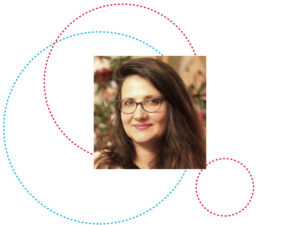During the COVID-19 pandemic, I have virtually met all my coauthors’ children, and they have met my two small ones. Children were playing, fighting, or doing their homework under our supervision while we were discussing the model’s assumptions or the IV procedure’s validity.
Fears of contagions have closed schools and nurseries, ultimately, drastically shifting caring responsibilities at home. Remote homeschooling has been the answer in many countries, but as any parent quickly realised, homeschooling requires challenging supervision. While this lockdown was undoubtedly necessary to stop the pandemic, are these measures assuming that parents, and more specifically, mothers have unlimited time to allocate to homeschooling, cleaning, cooking, ironing, and working remotely? If remote schooling continues, will mothers or fathers be required to stay home with their kids?
It is difficult to answer these questions right away because it is too early to have reliable data. Nonetheless, the first signals point to gender misbalanced effects, with women being disproportionally negatively affected (Alon et al., 2020; Adams-Prassl et al., 2020).
In academia, where the rule “publish or perish” dominates, it is legitimate to ask whether data on publications a few years from now will show that mothers in academia were disadvantaged compared to fathers or childless men in 2020. It appears that women are submitting fewer articles in journals. For instance, in economics, Amano-Patiño et al. 2020 suggest that female researchers have not been as fast in coping with the challenge as their male counterparts, and have been therefore submitting less than men have.
Acknowledging existing gender inequalities prior to COVID-19 and how the pandemic influences them is the first step to react to this possible return to the 50s, with women lagging behind. One proposal already circulating in universities is to count this lockdown period as care leave for researchers with young children. This measure could be beneficial in future recruitment and promotion procedures.
At the University of Luxembourg, the Gender Equality Committee is working on drafting a gender equality policy for the university as an answer to the diagnosis made by the gender audit that ran from January to April 2020. The gender equality policy will be approved in Autumn 2020. Such a policy is more than timely in view of the pandemic, which can possibly amplify pre-existing gender inequalities.
About the author:
Skerdilajda ZANAJ, is an Associate Professor of Economics at FDEF since 2011. She has quite a broad research agenda, bridging public and international economics, with theoretical and empirical methods. In January 2020, she ranked among the top 6% females in economics at IDEAS. She has been the Gender Equality Officer of the University of Luxembourg since December 2018.
